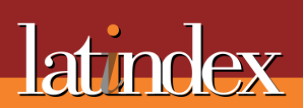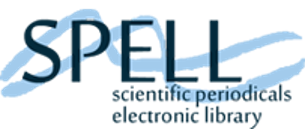A Competência Comunicativa em Inglês e seu Impacto nas Emoções dos Trabalhadores do Setor Hoteleiro em Florianópolis-SC: um estudo de narrativas de experiência
DOI:
https://doi.org/10.21714/2179-9164.2019.v16n3.002Keywords:
Setor Hoteleiro, Competêncisa Comunicativa, Língua Inglesa, Emoções, Narrativas, Florianópolis/SCAbstract
Estudos recentes argumentam que a língua(gem) é o mecanismo que constitui as interações humanas, portanto crucial para o sucesso empresarial no setor de turismo. Apesar da reconhecida importância, no Brasil ainda são poucos os estudos que investigam fenômenos dessa natureza no setor hoteleiro e seu impacto na prestação de serviços. Assim, este estudo buscou entender o efeito da competência comunicativa em inglês do trabalhador nesse contexto. Para o estudo, de natureza qualitativa, foram selecionados dois hotéis em Florianópolis-SC e vinte e dois participantes. Os dados foram gerados de documentos dos hotéis, questionários, entrevistas e narrativas, que foram categorizadas e validadas por confronto teórico. A análise revelou que ter competência comunicativa em inglês gera emoções positivas nos participantes, colegas e hóspedes, e não a ter gera emoções negativas em maior número, diversidade e intensidade, afetando o desempenho profissional do trabalhador, que reverbera na sua autoestima, na experiência do hóspede e na gestão. Este estudo sugere ampliar o escopo investigativo e incluir o hóspede no processo.Downloads
Downloads
Published
How to Cite
Issue
Section
License
I herewith declare that I authorize the publication of the enclosed paper by Revista Hospitalidade and it will be labeled as “Open Access” and licensed by the respective authors in accordance with the Creative Commons Attribution (CC-BY) license, without period limitation. The access to the paper will be open and free. access, for an indeterminate period and as unpaid and my collaboration is royalty-free. I declare also that this is an original work that has not been previously published, it has been written by the stated authors, and third-party sources were duly referenced when necessary. I further declare that this work does not infringe the copyright or property right of another and I am aware of publisher´s policy with regards to plagiarism, that will consist in immediate withdrawal of the article. Authors retain the copyright and grant the journal the right of publishing it as original work, i.e. guaranteeing that it has not been previously published, and now it is licensed under “Creative Commons Attribution” License which allows sharing the work with the condition of both authors and journal being duly referenced.











